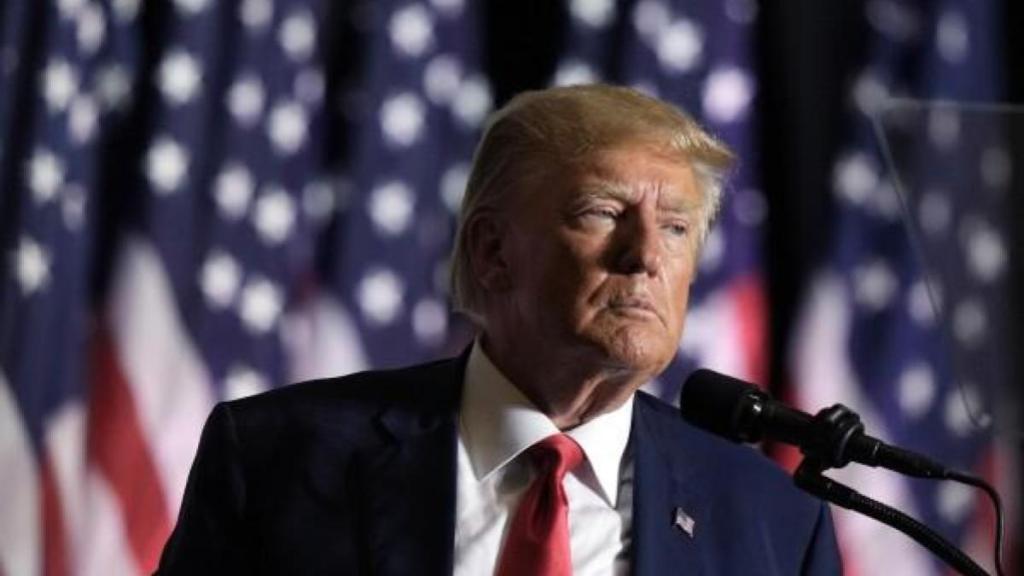On January 20, 2025, President Donald Trump signed an executive order aimed at ending birthright citizenship for children born to undocumented immigrants or those in the U.S. on temporary visas. The order, which will take effect by February 20, 2025, seeks to redefine the 14th Amendment’s citizenship clause, denying U.S. citizenship to these children. This move is expected to spark immediate legal challenges, as it contradicts over a century of legal precedent that guarantees citizenship to anyone born on U.S. soil.
What the Executive Order Says
The order, titled “Protecting the Meaning and Value of American Citizenship”, aims to exclude children born in the U.S. to undocumented parents or those on temporary visas from automatic citizenship. The key provisions include:
• Reinterpreting the 14th Amendment: Trump’s administration argues that the phrase “subject to the jurisdiction thereof” in the 14th Amendment should exclude children born to undocumented immigrants and those with temporary status, such as tourists or students.
• February 20, 2025 Implementation Date: The policy is set to begin by February 20, 2025, meaning that any children born after this date to non-citizen parents will be denied automatic U.S. citizenship.
• Denial of Key Documents: The order could block these children from receiving Social Security numbers and U.S. passports, effectively denying them legal status and leaving them without crucial documentation.
• Legal and Social Ramifications: The order claims that children born to undocumented parents or those on temporary visas will now face a new landscape of legal challenges, leaving their citizenship status uncertain.
Constitutional Implications: Is the Executive Order Legal?
The 14th Amendment has long guaranteed birthright citizenship, and experts argue that an executive order cannot simply override this constitutional right. Critics maintain that the 14th Amendment’s language is clear in conferring citizenship to anyone born in the U.S. under U.S. jurisdiction. Legal scholars argue that changing this would require a constitutional amendment, not a presidential decree. Legal challenges are expected to arise quickly.
Marielena Hincapie, a law professor at Cornell University, emphasized that:
“The President cannot unilaterally alter the 14th Amendment. Any attempt to end birthright citizenship by executive order will likely face significant legal challenges.”
This sets the stage for a prolonged legal battle that may ultimately reach the U.S. Supreme Court.
Potential Legal Challenges
Given that the 14th Amendment has historically guaranteed birthright citizenship for over 150 years, legal challenges are inevitable. If the executive order is challenged in court, the focus will likely be on the interpretation of the phrase “subject to the jurisdiction thereof”. Most legal experts contend that the President does not have the authority to change this interpretation without a constitutional amendment. Amanda Frost, a professor at the University of Virginia, noted:
“The President cannot simply change the 14th Amendment through an executive order. The legal consensus is that this effort will fail in court.”
However, with growing political pressure from conservative circles and increasing public debate, the Supreme Court might eventually reconsider the interpretation of birthright citizenship, making this issue one of critical importance for future legal rulings.
Impact on Immigrant Communities
For immigrant families, especially those with undocumented parents, this order represents a dramatic shift in their children’s futures. Pew Research estimates that around 4.7 million U.S.-born children currently have at least one undocumented parent, and many of these children will be directly affected by this policy change. Denying these children birthright citizenship could severely limit their access to essential public services, such as healthcare and education, and potentially create a generation of children without clear legal status.
A Contentious and Uncertain Future
The February 20, 2025 deadline for implementing the executive order marks a significant moment in the ongoing debate over birthright citizenship and immigration policy in the U.S. While President Trump’s administration pushes forward with this policy, the legal challenges it faces will determine whether this new interpretation of the 14th Amendment becomes law or is struck down by the courts. Regardless of the legal outcome, this executive order has already ignited a larger conversation about the future of birthright citizenship in America, with potential implications for millions of families.

